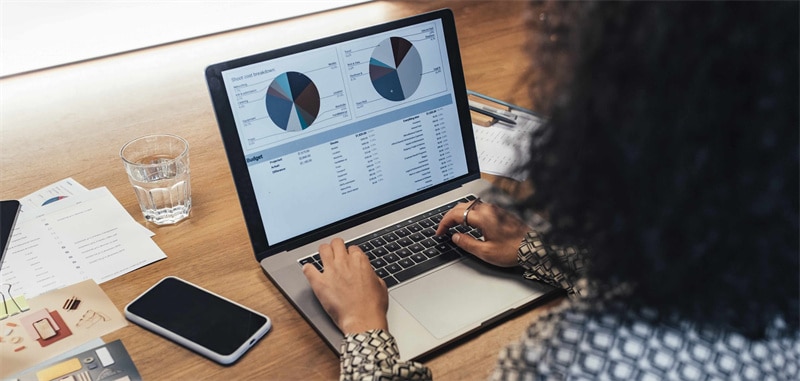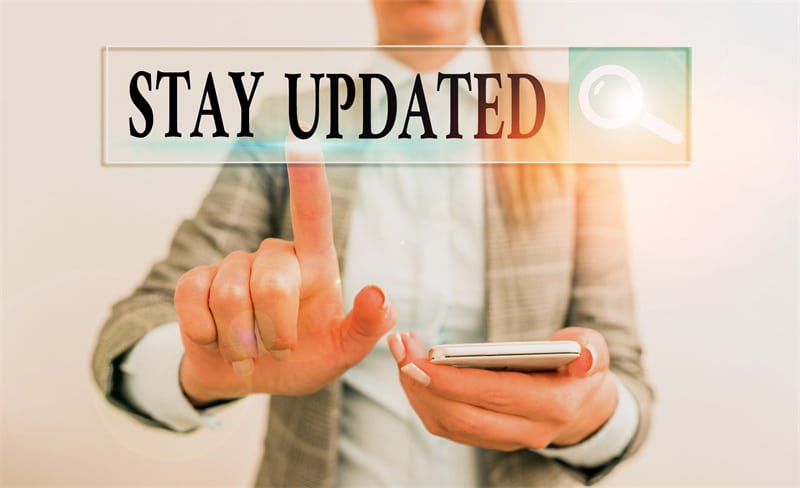
Systematic Investment Plan (SIP) is one of the best options for those who are looking for steady growth in their investment over a period of time. SIP offers several benefits like regular investing, low or zero effect of market instability, higher returns, etc.
However, investing in SIP is a challenging task and requires a good understanding of the market, which we will cover in this article.
1. Identify Your Investment Goals

Before starting your investment journey through SIP it is essential to identify your goal for investment. It can be a short-term goal like buying a car or a long-term goal like buying a house, marriage, etc.
This step will help you in deciding the amount you want to invest and the duration of the investment. Depending on your goal you can even invest in multiple SIPs to achieve your goal.
2. Choosing the Right Investment Scheme
The investment market is flooded with different options of investment. Before investing it is crucial to conduct deep market research and ask experts which scheme will be the best option for your investment and goals.
It is also necessary to check the previous performance, expense ratio, track record, amount of return, etc factors related to the scheme to avoid future complications.
3. Avoid Withdrawing Early
Most investment yields the best result when set for the long term. This is because the returns accumulate until completion and yield the desired results. Generally, long-term investments are not much affected by market fluctuations.
Thus, they yield good results whereas early withdrawals are affected by the market position which can cause huge losses and some penalties that reduce the return on investment. The range between 5-10 years is considered good for SIP investment.
4. Monitor and Review Regularly
SIP investments need regular monitoring and review. Keeping track of your investment allows you to detect your faults and take appropriate actions to help you achieve your financial goals on time. Additionally, you can see which investment has a bad performance and can remove them and add options with better return prospects.
Invest consistently with strict financial discipline and patience. Reviewing the performance of your SIPs allows you to assess their market conditions, economic trends, and regulatory developments that may impact your investments.
5. Stay updated

The investment world is growing at a rapid pace so it is crucial to stay educated and informed about the latest trends and developments in the investment market to keep yourself ahead of others.
You can follow market trends, economic indicators, and investment strategies through reputable financial publications, seminars, and online resources to stay updated. Investment in SIP requires a certain discipline to achieve good returns and this is one of them.
The Bottom Line
By making smart investment choices you can grow your wealth and secure your future. Investment in SIP is one such option. However, investment in SIP requires careful planning, discipline, education, willingness to learn new things and above all to find the best SIP investment app. These 5 tips can be constructive for an SIP investor. Happy Investing!










